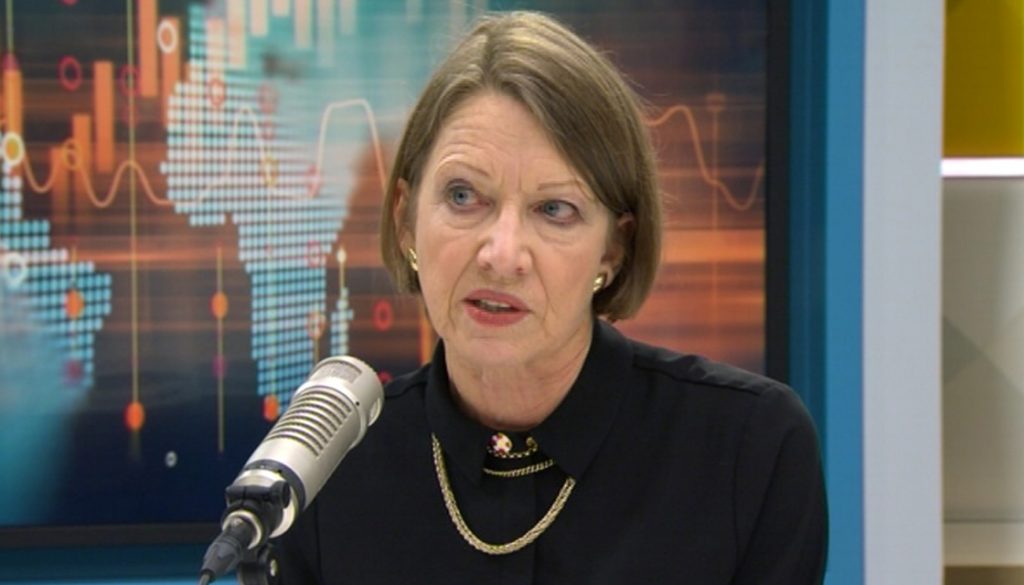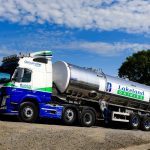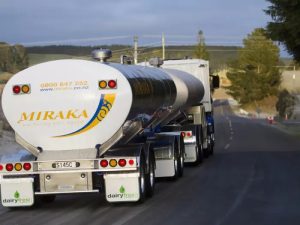
The co-operative estimates a loss as high as $675 million thanks to write-downs on its assets, so there will be no dividend payout. It’s Fonterra’s second-ever loss and is forecast to be much bigger than last year’s loss of $196 million.
Agri-business analyst and Fonterra shareholder Jacqueline Rowarth says the dive shares have taken reflects the mood of the shareholders.
“The share value is what’s really worrying them at the moment because it’s crashed. Not only have we not kept up with inflation, we’ve actually lost money. The money Fonterra is saying it’s lost is that which it actually effectively borrowed from the farmers.”
She says agriculture is the only thing propping up the New Zealand economy in terms of money coming into the country.
“Some of [farmers’] moaning is that they feel unappreciated, and you can understand that given the beat-up they’ve been experiencing, and yet the long hours and the knowledge that the economy still depends on everything farmers do,” she says.
“The minute the dairy farmers start not spending because they’re not sure what’s going to happen in terms of compliance, the emissions trading scheme, the fact that their land value is falling – then that creates the ripple on effects with the sheep and beef farmers.”
Rowarth says Fonterra’s added value strategy has been questioned by experts right from the start.
“How could it possibly return value to the New Zealand farmer? It kept saying it’ll be in the future. The New Zealand farmer is prime of life but maturing, and we needed value now.”
She says Fonterra’s overseas assets, which includes millions in investments in Australia, Venezuela and China Farms, are vanity projects that have given Kiwi farmers nothing. The dividends have never been very big, meaning the added value system simply hasn’t worked, she says.
“Farmers have been watching the share price and seeing it plummet at times when farmers actually aren’t selling, so it must be to do with the unit shares. We’re seeing a huge lack of confidence, and there’s more to come.”
Fonterra’s share price, which was listed as $5.50 in 2001, should be at about $8 by now just to keep pace. On Monday it crashed to just $3.57.
Chief Executive Miles Hurrell said the co-operative has been re-evaluating all investments, major assets and partnerships in the last year, “leaving no stone unturned in the work to turn our performance around”.
“These are tough but necessary decisions we need to make to reflect today’s realities,” Hurrell said on Monday, who wants to reassure farmers the co-op’s cashflow “remains strong”.
Rowarth says the problem is that farmers are trying to do what they think is the right thing for the country without understanding what the impact will be on the farm.
“Fonterra saying it’s in a very strong position now is terrific, because we do need somebody to process the milk, to pick it up and to do the marketing and sales. But they’ve done it at the expense of farmers who are not in a strong position.”
























